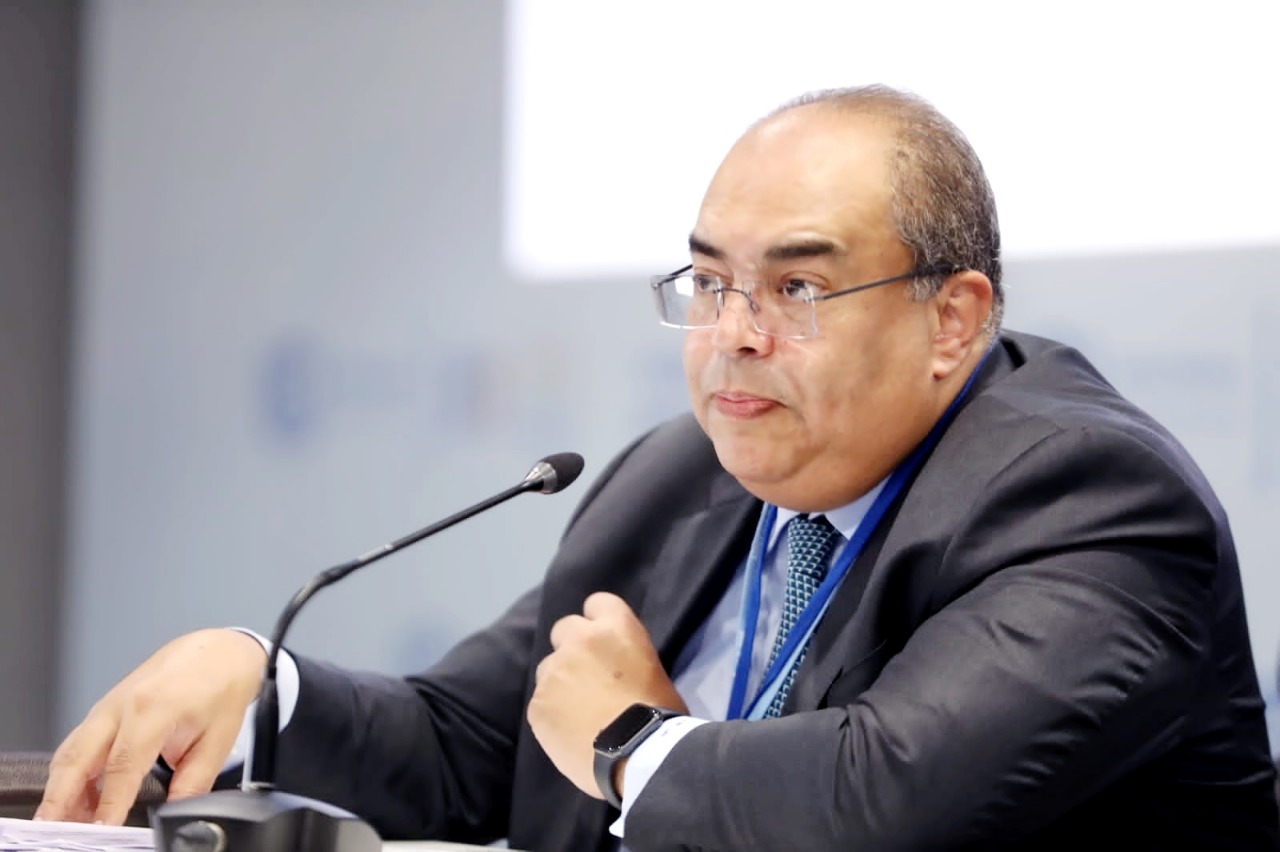
Water Conservation: 7 Simple Ways to Save Water at Home and in Your Business
Water is one of our most precious resources, yet it is often wasted without thought. ...

The second Africa Regional Forum on Climate Finance, which will be held in Kenya next September, is meant to mobilize about $700 million to implement climate projects in five African countries; Nigeria, Malawi, Rwanda, Kenya and Chad.
The forum is one of the five major events of the second edition of the Five Regional Forums Initiative, organized by the Egyptian and Emirati presidencies of the 27th United Nations Climate Change Conference (COP27) and the COP28 in cooperation with the United Nations regional economic commissions and UN HLCs.
Mahmoud Mohieldin, UN climate change high level champion for Egypt, said the second edition of the Africa Regional Forum on Climate Finance would discuss ways to finance and implement projects in Africa that serve the Sustainable Development Goals (SDGs) and climate goals in African countries.
Mohieldin, will participate in the second Africa Regional Forum on Climate Finance in Kenya in September
The UN climate champion – who will participate in the second Africa Regional Forum on Climate Finance – made his remarks ahead of the forum’s preparatory meeting, which will be held on Monday in Abidjan, Côte d’Ivoire on the sidelines of the African CEO Meeting.
The preparatory meeting to be held in Abidjan next Monday on the sidelines of the African CEO Meeting will discuss ways to link these projects with different financing and investment institutions.
The list of projects includes an electric transportation project implemented by Oanda Clean Energy Ltd in Nigeria, which aims to bring electric buses to the Nigerian street and establish electric charging stations with preparing the necessary related infrastructure. The cost of the project is about $196 million with revenues during the first five years of operation expected to reach about $1.7 billion. Moreover, the project is supposed to create about 5,000 jobs a year during this period.
The list also includes a carbon credit project implemented by Imperative Global and iRise with the aim of restoring about 40,000 hectares of indigenous forests in Malawi and providing improved cookstoves for about 486,000 households. The evaluated cost of the project is about $180 million.
The forum also tackles a waste-to-power plant project in Nigeria implemented by Phoenix Edison at a cost of $116 million, the project aims to exploit 270,000 tons of solid waste per year for power generation, which contributes to reducing harmful emissions by 60,000 tons per year and provides hundreds of jobs.
The forum also addresses a project implemented by Ampersand to bring electric two-wheeled vehicles to the street in Rwanda and Kenya with building electric charging stations and preparing the necessary infrastructure, the aim of the project is to reduce harmful emissions by about 1.7 million tons until 2030 and maintain air quality in rural areas of East Africa. The evaluated cost of the project is about $100 million.
A $90 million worth project – implemented by Ziz Energie in Chad to deploy solar receiving units and generate electricity – aims to deliver electricity to around 1 million people by 2030 with carbon emissions reduced by 26,000 tons to the same year.
A $3 million worth project – implemented by Safi Organics in Kenya – aims to benefit from the local resources of cities and villages in producing fertilizers through small manufacturing plants. The project is expected to benefit around 3 million farmers until 2030 and isolate at least five million tons of harmful emissions annually.
اترك تعليقا